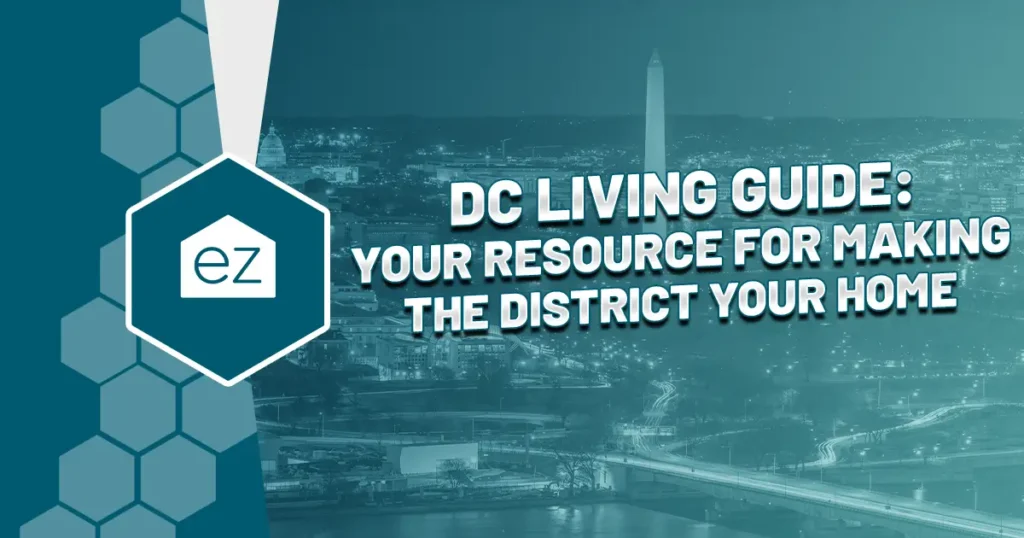The Ultimate Guide to Georgia Property Taxes
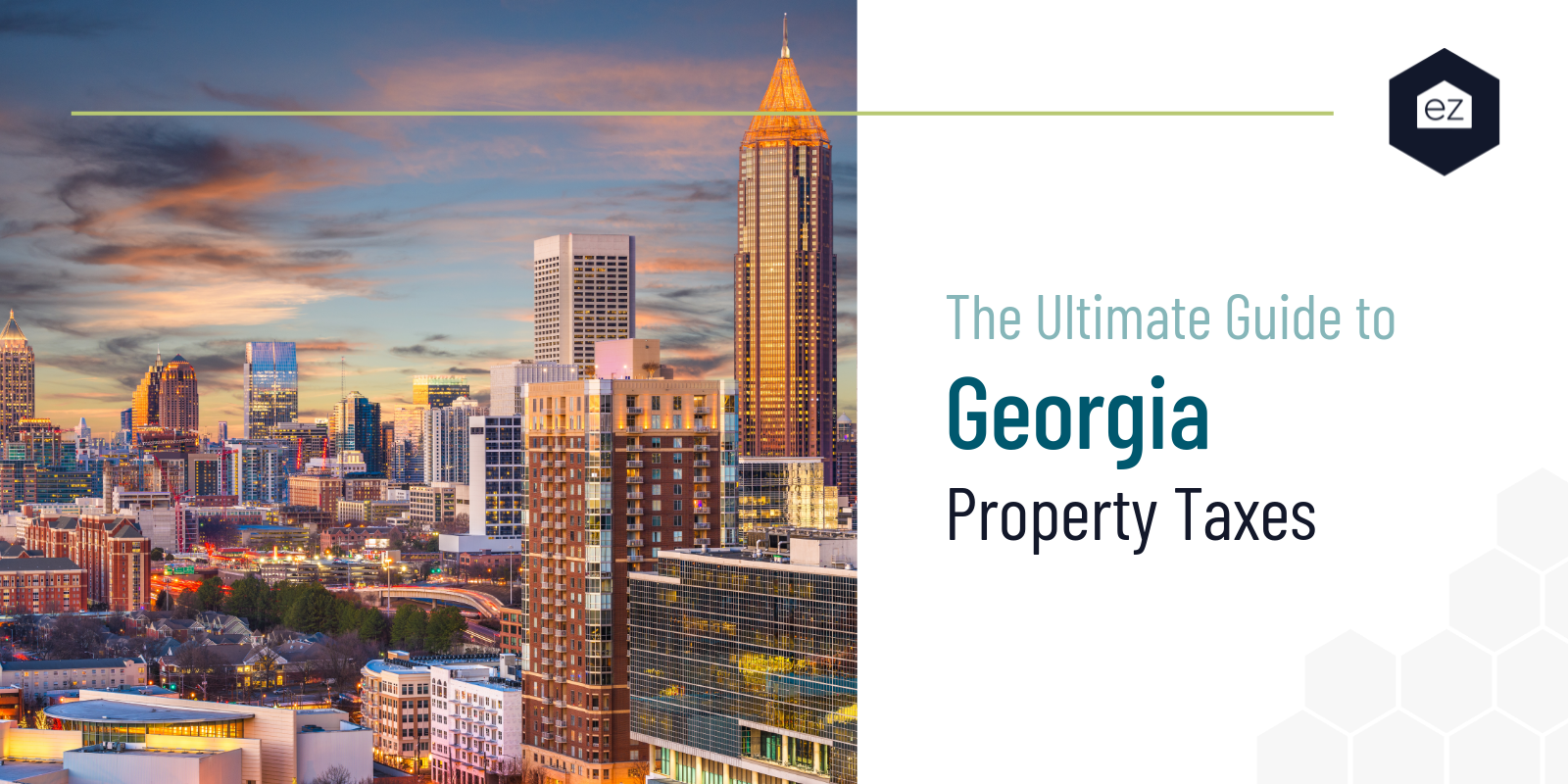
Ultimate Guide to GA Property Taxes
If you’re new to Georgia, welcome! We know that settling into a new state can be challenging, so our real estate team is here to help answer any questions you may have.
A question we get a lot from out-of-staters is about property tax rates. We completely understand why this would be at the top of your mind. Property taxes significantly affect how much your monthly housing costs will be or how much you’ll need to set aside annually. In some cases, high property taxes can end up adding thousands of dollars to your overall housing costs over time.
This article explains everything you need to know about Georgia’s property taxes in simple terms. Find the information you need to understand and determine your property tax bill.
About Georgia property taxes

Georgia’s property tax system is set up and overseen by the Georgia Department of Revenue. The Georgia General Assembly determines how the revenue from these taxes will be used.
The two types of property taxes in Georgia are ad valorem taxes (based on the value of your property) and special assessments (flat fees charged for specific services, like streetlights or garbage collection).
Ad valorem taxes make up the vast majority of property tax revenue in Georgia. In the fiscal year (FY) 2016, over 95% of all local property tax collections came from ad valorem taxes.
How ad valorem taxes work
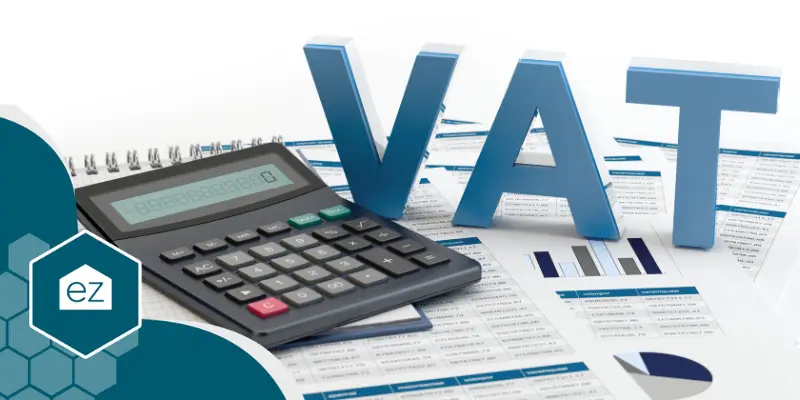
In Georgia, all real estate is taxable unless specifically exempted by law. Real estate includes land, buildings, improvements to land (like fences or driveways), and manufactured homes that are affixed to land and considered real property.
The Georgia Constitution requires a minimum assessment of 40% of the fair market value for all taxable property. The fair market value is determined on January 1 each year, as per OCGA 48-5-6. Each year, counties compare the data in the property tax digest to sales records. If property values seem too high or low, they reassess them.
Homeowners are eligible for a $2,000 exemption from their primary residence’s assessed value.
For example, let’s say your home is worth $200,000 on the open market. With a 40% assessment ratio, the taxable value of your home would be $80,000. The homestead exemption drops that to $78,000 of taxable value.
Each county and municipality sets its own millage rate. A millage rate is the amount of tax you pay per $1,000 of taxable value. So, if your county has a millage rate of 20 mills and your home has a taxable value of $78,000, your annual property tax bill would be 20 x $78 = $1,560.
The state itself phased out its property tax assessment in 2015. All property taxes are paid to the county or municipality.
One thing to note is that some cities and independent school districts have been given authority to tax at a rate different from 40% of property value. For instance, the City of Dublin and the Dublin Independent School District tax 47% of property value. Dalton and Gainesville assess at 100% fair market value.
How Georgia property taxes compare
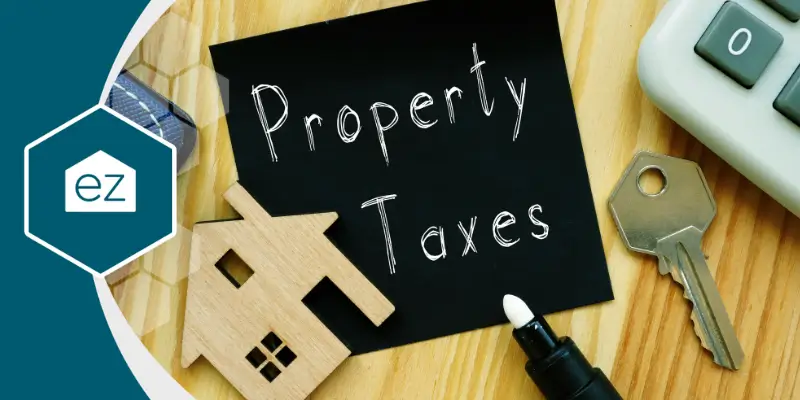
Georgia’s property taxes are actually relatively low when compared to other states. The average property rate paid per home value in Georgia is 0.83%, which ranks the state no. 33 in the nation for property tax burden. This means that in 2022, Georgia homeowners paid a median of $1,346 annually in property taxes based on a median of $162,800 in home value.
To put this into perspective, the US’s median annual property tax bill is $2,197 per year or $183 monthly.
So while property taxes are a big part of owning a home in Georgia, they’re not as high as in other states. And Georgia’s low property taxes could save you money in the long run.
The counties with the highest median tax bills were Fulton, Fayette, and Forsyth, all counties part of the Atlanta metro. The lowest median tax bills were in Warren, Atkinson, and Baker Counties.
The median tax rate is not the be-all and end-all; you must also take property values. The highest median tax bills correspond to counties with the highest property values; they may not have the highest millage rates. The average Georgia county millage rate was 30 mils in 2021.
What property taxes do you pay each year?
Local governments collect and administer property tax with the help of the Georgia Department of Revenue (GDOR). Each county will have its own way of assessing and collecting taxes because there is no state-wide uniform tax rate.
Counties, cities, and school districts have the power to levy taxes on any physical or personal property. These include ad valorem, school district, and special assessments, such as for fire districts or bonds.
When are Georgia property taxes due?
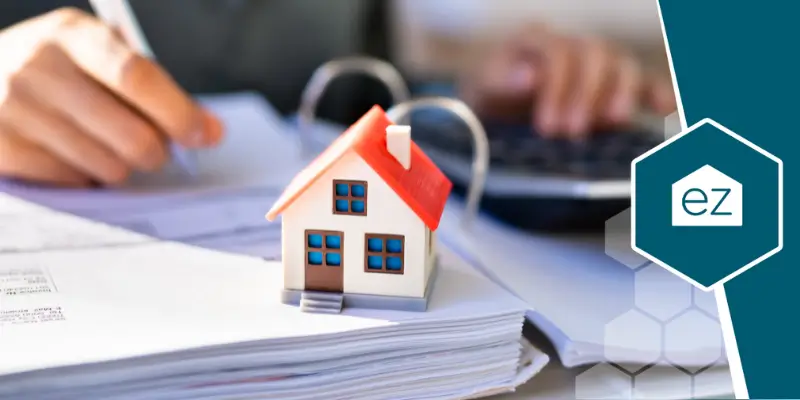
In Georgia, property taxes are typically due on December 20 of each year, but the precise date may vary by county. Each county has a different structure for late fees. For instance, 0.52% interest is added to the monthly balance owed in Gwinnett County. At 120 days, there is a 5% penalty. An additional 5% is added every 120 days after that, up to 20%.
In Clayton County, interest accrues based on the current year’s bank loan prime rate. In 2022, that was 3.25%. It also adds a 5% penalty every 120 days delinquent, up to 20%.
Camden County charges 1% of the taxes owed per month and then a penalty of 10% of taxes due starting 90 days late.
Counties can also file a tax lien on the property and potentially sell the home to a new owner if full taxes and penalties are not paid.
As you can see, there’s a lot of variance in late property tax fees.
Some counties offer the convenience of online property tax payments. Contact the individual Board of Assessors.
Property tax returns are due to be filed with the county of residence between January 1 and April 1 each year. The local board sets the date.
Georgia property tax appeals
If you think your property has been unfairly overvalued, you can file an appeal with your county’s Board of Tax Assessors.
To start the appeals process, you’ll need to fill out a petition and submit it to your county Board of Tax Assessors. The board will set a hearing date, and you’ll have an opportunity to present your case.
It’s important to note that you can only appeal your property’s value, not the amount of taxes you owe. So, if your property is valued at $100,000 and you think it’s worth only $80,000, you can appeal the value.
But, if your property is valued at $100,000 and you owe $1,500 in taxes, you can’t appeal the amount of taxes you owe.
What are the Georgia property tax exemptions?

Georgia offers a few different exemptions that can lower your property taxes.
The most common exemption is the Homestead Exemption, which exempts $2,000 of your home’s value from taxation. To qualify for this exemption, you must own and occupy your home as your primary residence as of January 1 in the tax year.
Apply for the homestead exemption with your county tax officials by the property tax return deadline. This is typically April 1.
You can also qualify for a Senior Homestead Exemption. Individuals 65 years and older can take a $4,000 exemption from county ad valorem taxes if that person’s income and their combined spouse’s income does not exceed $10,000 that year. Excluded is income from retirement sources, pensions, and disability income to the maximum amount allowed to be paid under the federal Social Security Act.
Individuals 62 and older can also be exempted from school board levies under the same guidelines as above.
Additional exemptions are available for veterans, disabled persons, and surviving spouses of military personnel killed in action.
Counties can enact local homestead exemptions using a valuation freeze year. This exemption, available in 35 counties and the City of Atlanta, will stop the property’s appraised value from changing as long as the homeowner resides there. Age and income restrictions may apply.
Historic properties listed on the National or Georgia Register of Historic Places can qualify for preferential assessment. Essentially, this exemption locks in the property value for nine years. It applies to the building or structure with no more than the two acres surrounding it.
Who can help me figure out GA property taxes?
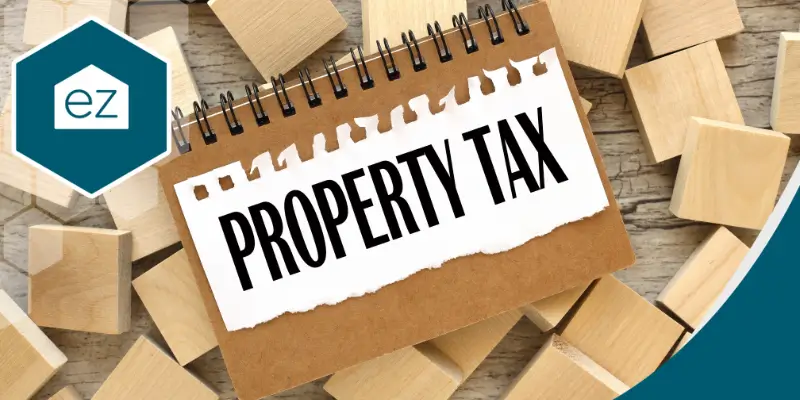
If you’re looking to purchase a home in Georgia, there are resources available to help you estimate your residential property taxes.
The local county tax assessors are an excellent resource to start. Some counties have an online tool where you can search a specific address and find information about its property tax rates. We also recommend looking at data from the Georgia Department of Revenue and referring to this listing of county tax assessors.
Your professional real estate agent is another resource for pointing out who to contact in the area you’re searching for a home. They may also have insights about school district millage rates and special tax districts for particular neighborhoods that interest you. They may be aware of talks about increasing millages or new special assessments.
Start Your Home Search
Preston Guyton
Share this Post
Related Articles
Living In
Your EZ Guide to Living In Salisbury, MD
Living In



